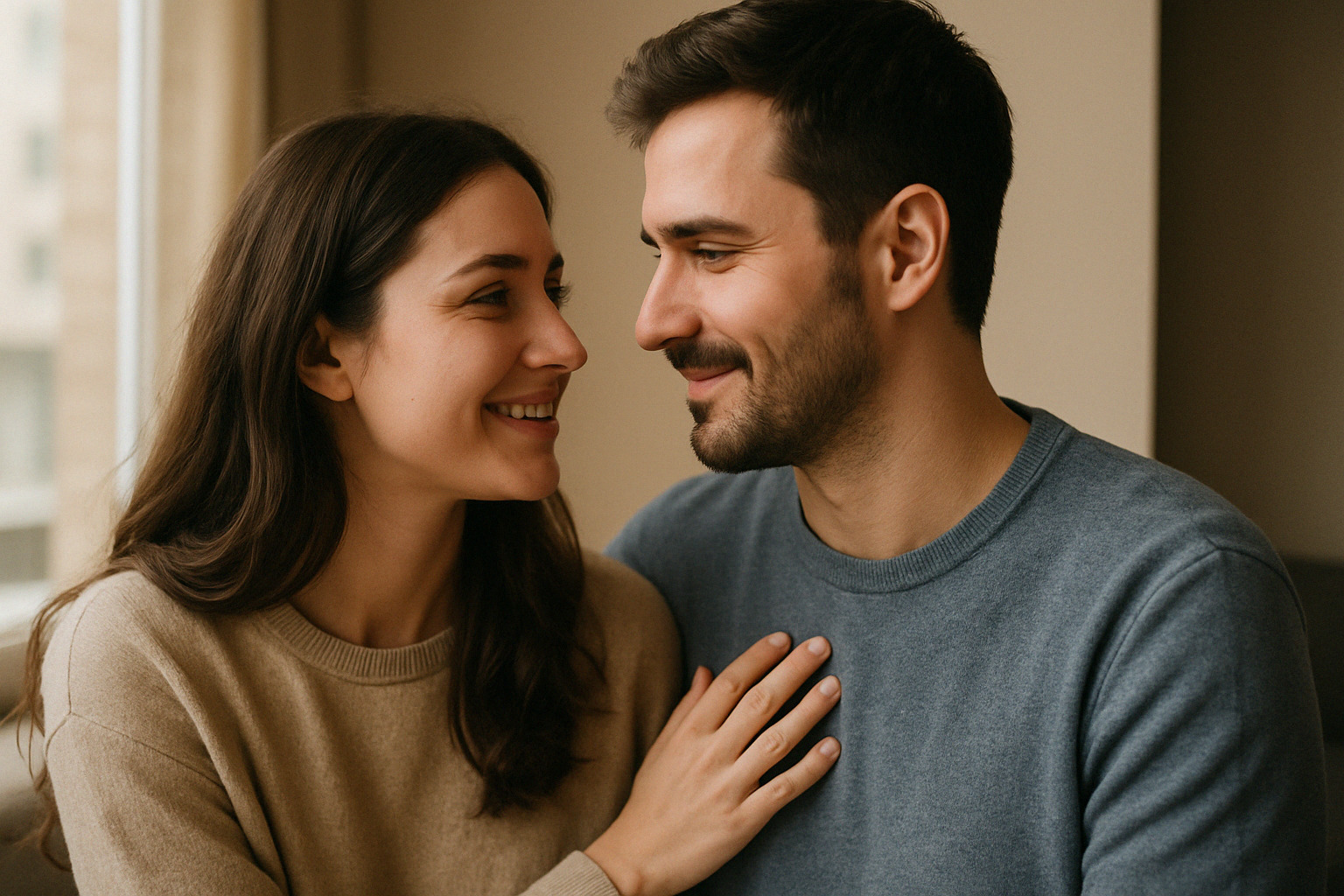Saying “I love you” for the first time can feel like walking a tightrope—there’s a balance to hit between impulse and intention. The best time to say it is when the feeling grows stronger than your fear of vulnerability. When affection turns into emotional certainty, and the desire to share it outweighs the risk of hearing something different in return, you’re close.
Timing Isn’t About a Calendar
There’s no ideal number of dates or weeks. Some couples say it within days. Others wait months. What matters is whether the connection feels mutual and genuine. If you’re asking yourself whether it’s too soon, ask instead whether your feelings are being returned through consistent actions and words.
Here are signs the moment may be right:
- Comfort in silence: You feel calm together even without talking.
- Emotional transparency: You both share fears, goals, and vulnerable stories.
- Thoughtful gestures: They remember what matters to you and show it through actions.
- Support in tough moments: They’re present, not just during laughter but during stress or sadness.
- You feel safe: Not just physically, but with your thoughts and emotions.
Say It Without Needing It Back
The first “I love you” shouldn’t come with strings. It’s not a test or a trap. It’s an offering. If you say it only to hear it echoed back, pause. Let the words be a reflection of where you are, not a tool to pull someone forward before they’re ready.
Some people may take longer to process their feelings. That delay doesn’t mean your bond isn’t real. Let the silence speak too—sometimes, it carries weight you can’t force.
Language Matters
Not everyone expresses love the same way. You might speak it, while your partner shows it through touch or service. The five love languages—words of affirmation, quality time, physical touch, acts of service, and receiving gifts—remind us that expression doesn’t always wear the same face. Knowing how your partner communicates affection can prevent misreading the absence of words.
When It’s Too Soon
Saying “I love you” too early can create pressure. If your partner barely knows your middle name or you’ve only seen each other on weekends for two weeks, pause. Strong chemistry can feel like love, but it needs time to prove itself in different settings. Love is resilient; infatuation is impulsive.
Watch for red flags:
- You’re saying it to “secure” the relationship
- You feel more invested than your partner
- You haven’t faced any real challenges together
- You’re still hiding parts of your true self
Let It Land Naturally
The best “I love you” rarely comes during a scripted dinner or staged moment. It slips out on a lazy Sunday, or after a shared laugh that makes your chest tighten. It’s real because it fits into the rhythm of your connection, not because you rehearsed it in your head all day.
Final Thought
Love grows in different soil for different people. Whether it blooms fast or slow, saying “I love you” should feel like exhaling, not leaping. If your heart is steady and your bond is built on more than attraction, say it. Not because the silence is awkward—but because the silence has grown too full.
